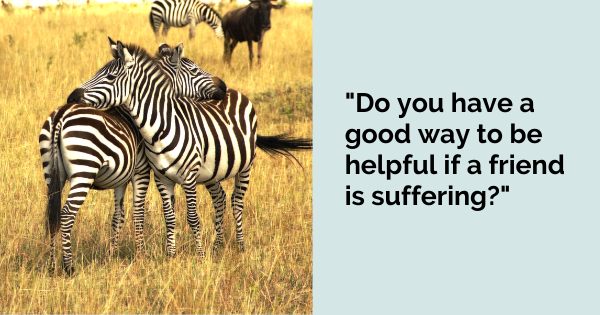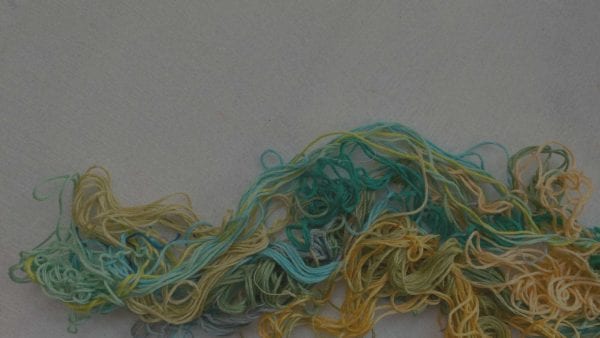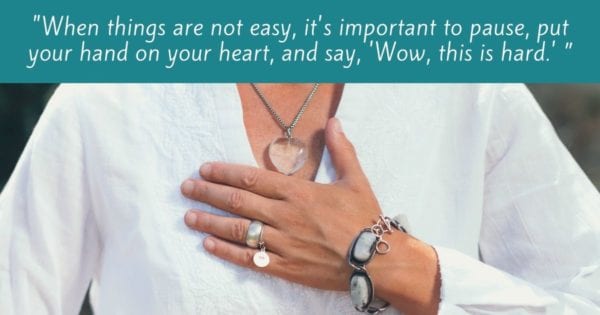“I might reflect based on my assumptions which are not the Focuser’s.”
A few weeks ago we talked about the importance of the Companion being genuine, able to express some of his or her own feelings, in the process of reflecting or saying back what the Focuser says.
Sally writes: “I’ve been very interested in the discussion over how Companions reflect what the Focuser says, but while I agree it’s helpful not to simply reflect in a basic way, I feel I need to be careful that the way I’m reflecting isn’t an assumption based on how I felt in a similar situation, or the way I believe people tend to react.
“For instance in your example of reflecting back the words ‘Your father just died.’ I can imagine reflecting with that intonation may be completely appropriate for someone who’s in touch with a part feeling tremendous loss but it may not feel appropriate if they’re saying that statement from a part that now feels immense freedom. If the part also feels ashamed of feeling that way it may not feel able to correct the companion.”
Dear Sally,
It’s a very complex question, isn’t it? How to be present for another person, how much of ourselves to bring to that process.
On the one hand, what is great about being or having a Focusing partner (companion) is that it’s not like an ordinary conversation, where we both contribute equally our opinions and values. If I am the Focuser, it is my turn to follow my own process without needing to go back and forth with the other person. If I am the Companion, I can sit back and “hold the space” without needing to give input or have influence.
On the other hand, a blank Companion, someone who cannot be felt to be there, is of no use. We need a real person there. If a real person is there, while I am Focusing, I can feel myself already changed by the presence of that person. This is human, natural, and just as it should be.
Luckily, there is no way to really be blank! We always bring our living self to any interaction. The question then is how much to show, how much to participate, how much to allow my own feelings and reactions to be here in the interaction.
And the answer will always be: somewhere in the middle, not too much, not too little.
Thank you for giving me a chance to explain my example about “Your father just died.” I was saying that, if the Companion has really heard that sentence, it will naturally come back to the Focuser from the Companion with some feeling tone. Trying to say it back without the natural feeling that comes with it, is not helpful.
You are saying that there is no way to know the Focuser’s reaction. A death can feel sad, or it can feel like freedom. True. But it’s always a big event! I don’t have to know what it meant, to know that it meant something.
Also, I am not suggesting that putting feeling tone into the reflection means trying to guess the feelings of the Focuser. No, it would be our own feeling that we put in. We “let it land” in us. We are not assuming that we feel the same. Only that, as a human being, we feel that the death of a father is a big thing. If we do! This was only an example.
My friend lost her cat, who had been with her for 17 years. As her Companion during Focusing, when I heard this, I could feel in my own body what it might be like to lose a friend who had been woven into one’s life for so long. My eyes filled with tears, and my reflection naturally contained my own feeling. I wasn’t taking over the session, I was just resonating with my friend. Her eyes opened, and we shared a deep moment of connection. Then her Focusing continued. It’s not that we felt the same. It’s that we both felt.






